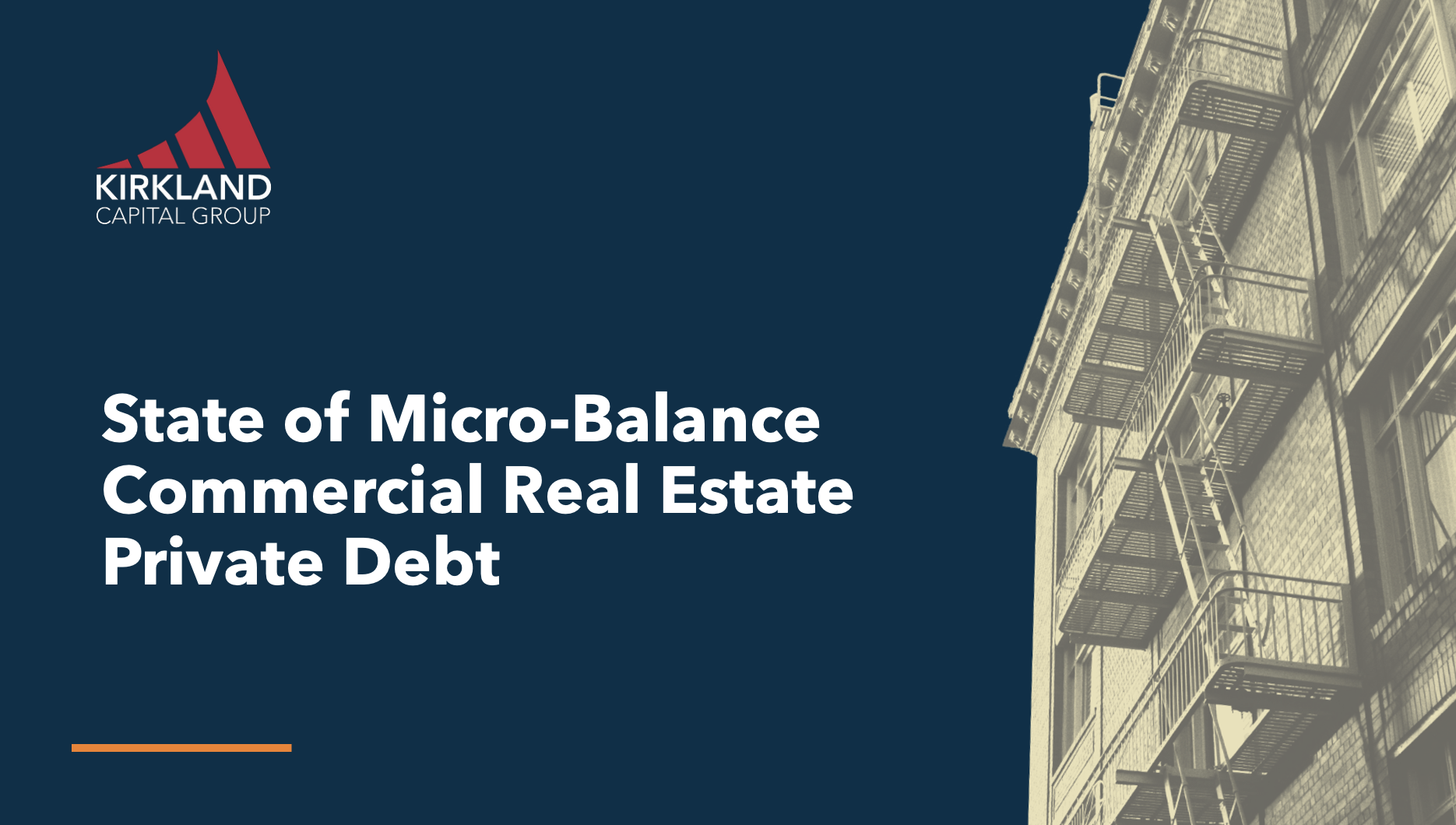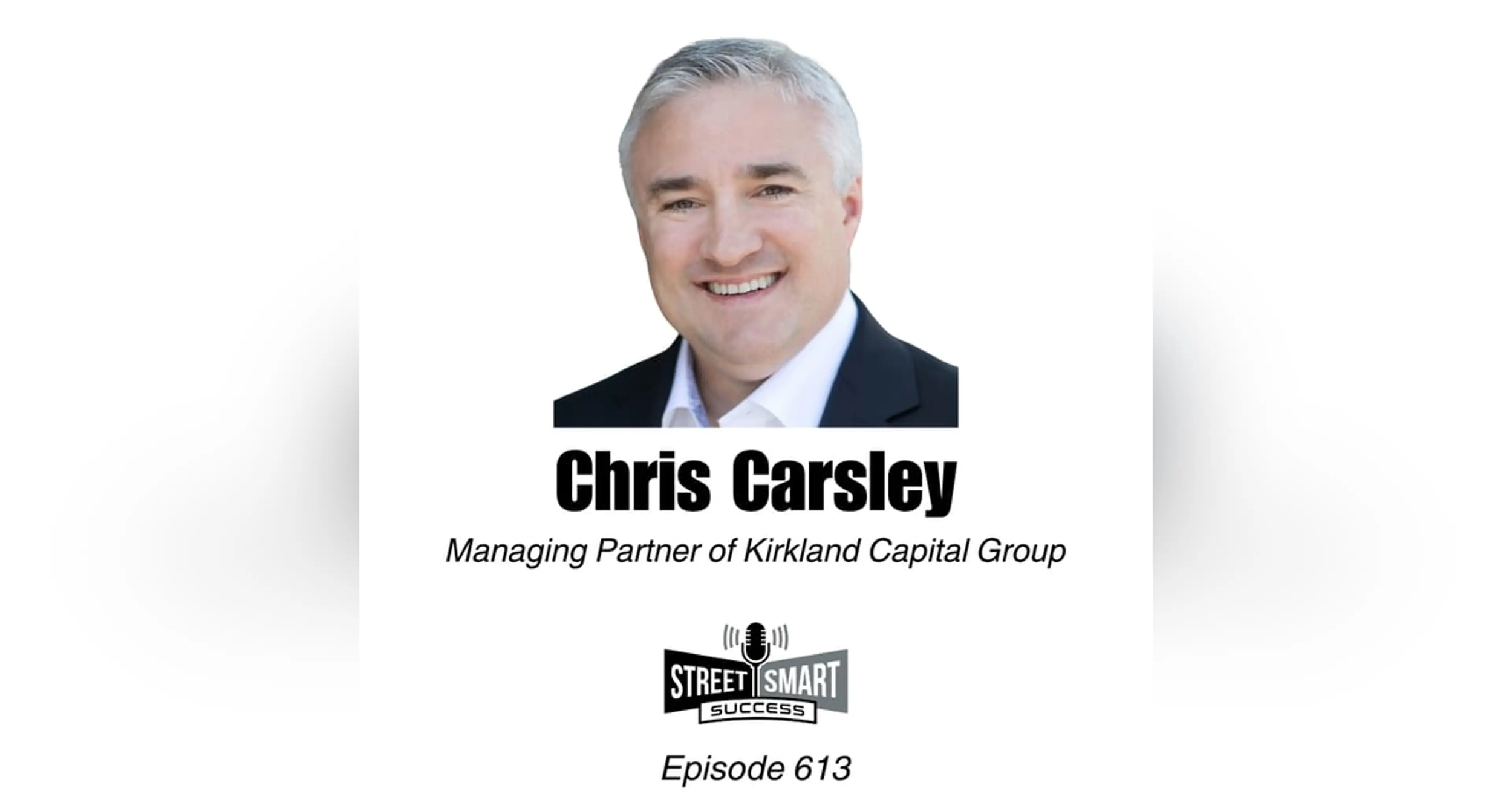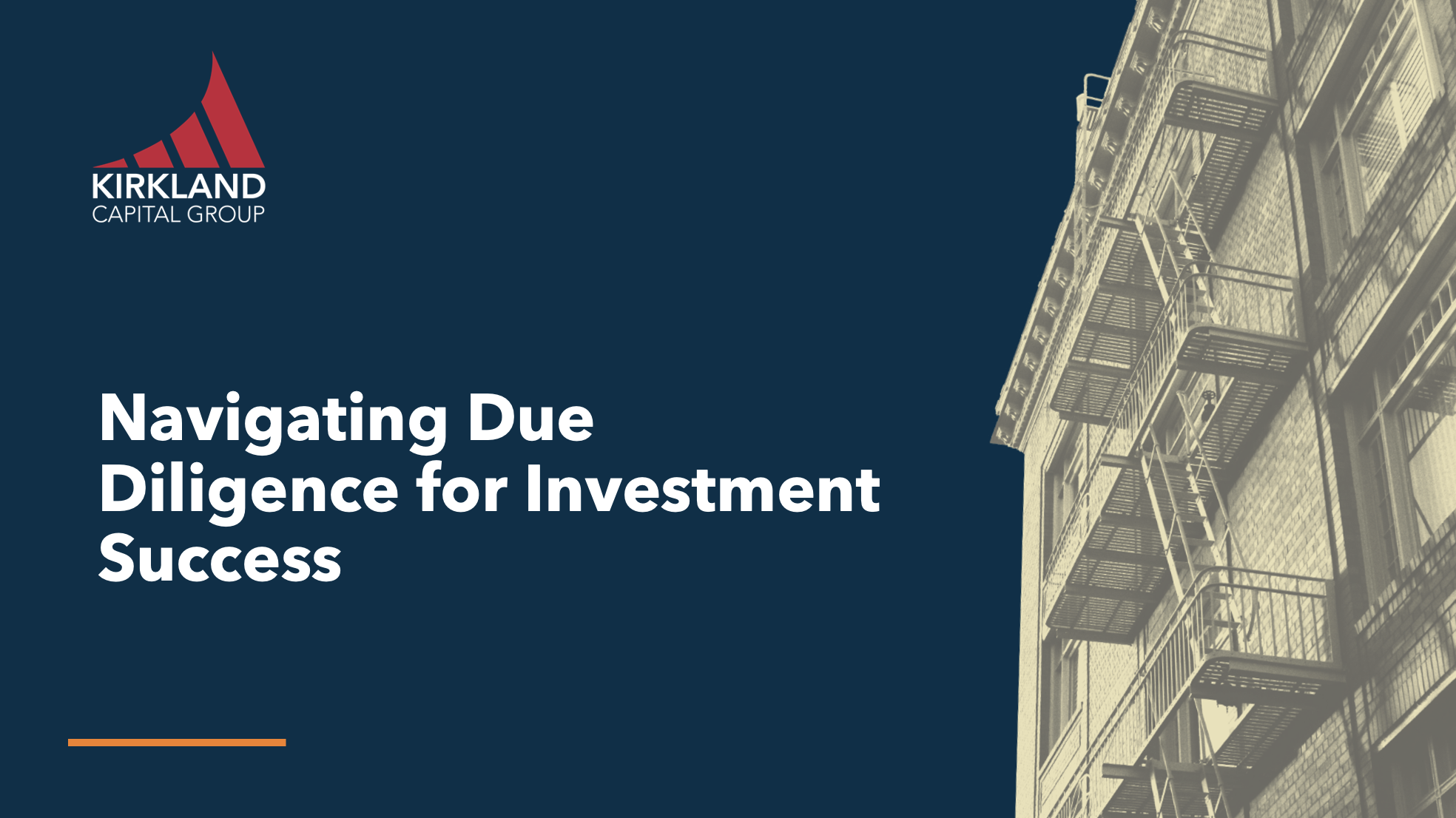
The latest.
Topic
- 1031 Exchange 1
- 401k 1
- Accounting 1
- Accredited Investors 3
- Active Real Estate Investment 5
- Alpha 2
- Alternative Investements 10
- Alternative Investment 1
- Alternative Investment Fund 2
- Alternative Investments 50
- Altigo 1
- Alto IRA 1
- Artificial Intelligence 1
- Auditors 1
- Background Checks 1
- Banking Collapse 1
- Bankruptcy 1
- Bar 1
- Bitcoin 1
- Blue Vault 1
- Bonds 7
- Bridge Loan 8
- Broker‑Dealer Standards 1
- CAASA 1
- CAIA 5
- CMBS 1
- Canopy Phoenix 1
- Capital Gains 1
- Commercial Real Estate 25
- Concreit 1
- Correlation 3
- Counterparties 1
- Credit Crunch 1
- CrowdStreet 2
- Cryptocurrency 1
- Debt Cliff 1
- Debt Structure 1
- Digital Assets 1
- Diversification 2
- Due Diligence 25
- Due Diligence Checklist 1
- Edge 2
- Education 14
- Emerging Managers 1
- Equity 3
- Ethereum 1
- Family Office 2
- Fed 1
- Finance 1
- Fixed Income 9
Access Our Exclusive Investment Insights.

Regulation Best Interest (Reg BI): What Accredited Investors Need to Know
Regulation Best Interest (Reg BI) protects accredited investors by raising the bar for disclosures, due diligence, and conflicts management. This guide breaks down what to expect from brokers—and how to evaluate private placements with clarity and confidence.

Third-Party Fund Oversight: Why Investors Need Administrators and Auditors
Independent oversight is one of the strongest safeguards investors have. Learn how third‑party fund administrators and auditors protect your capital through transparent reporting, accurate valuations, and unbiased verification.

State of Micro-Balance Commercial Real Estate (CRE) Private Debt: 2025 Recap and 2026 Outlook for Investors
A niche often ignored by banks is generating 8–10%+ secured yields for accredited investors. This report breaks down 2025 results, the 2026 outlook, and the strongest opportunities in micro‑balance CRE private debt—from rate cuts and refinancing tailwinds to sector‑by‑sector performance.

What Is a Fund of Funds? Structure, Advantages, and Fee Risks
A Fund of Funds (FoF) offers investors a single entry point to a diversified portfolio of professionally managed funds—spanning private equity, hedge funds, and more. While FoFs provide access to exclusive strategies and simplify portfolio management, they come with trade-offs like layered fees and reduced transparency. Our latest paper explores the structure, benefits, and risks of FoFs, helping you decide if this approach aligns with your investment goals.

Accredited Investor Rules in 2026: What They Are, Requirements, and How to Qualify
An accredited investor is someone who meets specific financial or professional criteria, allowing them to invest in private securities offerings not registered with the SEC. In 2025, the rules have evolved: eligibility now includes not just income or net worth thresholds, but also professional certifications and certain roles within investment firms. The SEC’s latest updates emphasize financial acumen alongside financial capacity, expanding access to private markets while maintaining rigorous standards. If you’re considering becoming an accredited investor, ensure you meet the criteria, prepare your documentation, and understand the risks—private investments are high-risk and illiquid, demanding thorough due diligence.

How We Built an AI Prompt to Help Investors Perform Due Diligence on Private Funds
When Microsoft Copilot became available last year, we saw an opportunity—not just to experiment with AI, but to integrate it meaningfully into our workflows. Since then, we’ve embedded AI into our processes across the company, from underwriting and loan servicing to investor communications and compliance reviews.
But one area where we felt AI could be a valuable tool is in due diligence.
There’s been a lot of discussion in one of the investor forums we’re part of about using AI to perform due diligence on private investment funds. We’ve read the commentary, and we agree: AI has the potential to help investors ask sharper questions and make more informed decisions.
So we decided to take it a step further.

YieldStreet’s Real Estate Collapse: Fintechs in Alternative Investments
What is it with Fintech platforms with the word Street in their name? First was PeerStreet, and now YieldStreet. CrowdStreet is another one facing challenges.
These failures are a bit different from each other but at the heart of the issue is poor operational management, and lack of proper risk management. In YieldStreet’s case there are also multiple cases of misrepresentation.

Proven Strategies to Avoid Costly Mistakes in Alternative Investments
Navigating the complex world of alternative investments requires precision and due diligence. In this article, we summarize key insights from a recent IRA Club webinar featuring Chief Investment Officer Chris Carsley. Chris emphasizes the importance of education and continuous learning as essential tools for high-net-worth investors. From setting investment priorities to leveraging networks for insight, this article covers essential strategies to avoid costly mistakes. Dive in to learn how to perform due diligence effectively and elevate your investment strategies with confidence.

One Big Beautiful Bill Overview and Commentary
Discover the transformative impact of the One Big Beautiful Bill Act on real estate investment and tax incentives. Signed into law by President Donald Trump on July 4, 2025, this landmark legislation reshapes the U.S. tax code, offering substantial benefits for real estate investors. Learn about the key provisions, including 100% bonus depreciation, permanent 20% Qualified Business Income deduction, and Opportunity Zones, as well as the potential risks and long-term fiscal impacts.

Investing in Private Debt in Real Estate: Insights from Kirkland Capital Group
If you're looking for stable income, capital preservation, and uncorrelated returns, private real estate debt may be the solution your portfolio needs. In a market where traditional income strategies are volatile and equity valuations feel stretched, this asset class offers a compelling alternative.
One such opportunity lies in private debt—specifically, private debt in real estate, where investors lend directly to property owners and developers in exchange for interest income backed by real assets.

Real Estate Bridge Loans 101 for Investors: What Passive Investors Need to Know
Learn how passive investors can leverage real estate bridge loans to earn 8–12% annual returns. Discover key benefits, risks, and strategies in this article.

Private Debt 101: What It Is and Why It Matters in Today’s Market
Private debt, also commonly called private credit, has emerged as a growing component of the global financial landscape. As traditional banking systems and public debt markets face challenges, private debt has stepped in to fill funding gaps, offering unique opportunities for both borrowers and investors. With the private debt market nearing $2 trillion in assets under management (AUM) and projected to grow further, understanding this asset class is essential for modern investors. This article will break down what private debt is, its types, its role in portfolios, and why it’s gaining traction today.

The Power of Strategic Networking in Alternative Investments
Investing isn’t just about capital—it’s about connections. Make sure you build both. In the world of alternative investments, strategic networking is key to unlocking transformative opportunities. Whether you're a fund manager seeking allocators or an investor evaluating new opportunities, the right connections can save time, unlock resources, and provide clarity in an often opaque industry.

Discovering Opportunity in Micro-Balance Commercial Real Estate Debt Investing
Imagine finding an investment opportunity that others overlook—a niche distinct enough that it flies under the radar of Wall Street and offers stability amid market volatility. At Kirkland Capital Group, we believe such opportunities are valuable and offer investors the ability to generate excess returns. Our recent webinar, hosted by Alto IRA, highlighted our unique approach and insights into micro-balance commercial real estate, enabling our investors to act as the bank for commercial properties and earn steady returns. This article serves as a summary of the key points from the webinar.

Forget Traditional Loans: Private Debt Is Winning | Passive Pockets Podcast
Dive deep into the world of private debt with Paul Shannon and our very own Chief Investment Officer, Chris Carsley as he guested on the Passive Pockets Podcast.
This must-see episode uncovers the hidden potential of private debt as a profitable investment opportunity, enabled by the transformative Dodd-Frank ruling of 2010. Discover how this asset class provides diversification and consistent returns, even during volatile markets. Chris breaks down everything from various private debt types and their historical roots to actionable investment strategies—complete with real-world examples and insider tips on mitigating risks. Get insider knowledge on the operational due diligence aspects that every savvy investor needs to know. Discover why private debt could be the game changer your investment portfolio needs and why it is attracting smart investors globally. Whether you are looking to enhance your returns or seeking to diversify your investment strategy, this episode is packed with invaluable insights and expert advice. Watch the full video now to transform your investment approach and unlock consistent, reliable returns with private debt!

Schedule K-1 and Form 1099. What, Why, Who, and How?

Sniff Out Imitators: Identifying Imitators in Investment Management
In the world of investment management, distinguishing between genuine experts and mere imitators is crucial for protecting your investor portfolio from the significant risk of loss. In the webinar hosted by the IRA Club, Chris Carsley, our Chief Investment Officer at Kirkland Capital Group provided important insights into recognizing imitators, applying investment due diligence, and strategies that help investors ensure their portfolios are safeguarded against potential pitfalls.

Laying a Strong Foundation for Investment Success: Insights on Navigating Due Diligence
In a recent episode of The Real Estate Vibe Show, Chris had the opportunity to sit down with Vinki Loomba to discuss one of the most crucial aspects of investing: due diligence. Whether you're investing in private debt, real estate, or other alternative investments, the success of your portfolio depends on your ability to thoroughly evaluate the risks and opportunities that come with each deal.

Investing for Success: Determining Your Non-Negotiables
Have you ever embarked on a journey without a clear destination, feeling both excited and apprehensive about the unknown ahead? It might sound like a strange question, since most people plan their journeys with clear destinations in mind, right? However, many investors find themselves in this exact scenario—venturing into the world of investments without a defined path. But what if there was a way to start this complex journey with clarity and confidence?

Why Emerging Managers Are the Key to Portfolio Diversification and Consistent Returns
In today's crowded investment landscape, finding managers who consistently deliver superior returns can feel like searching for a needle in a haystack. Many investors gravitate toward established managers with long track records, but an often-overlooked segment deserves your attention—emerging managers.
